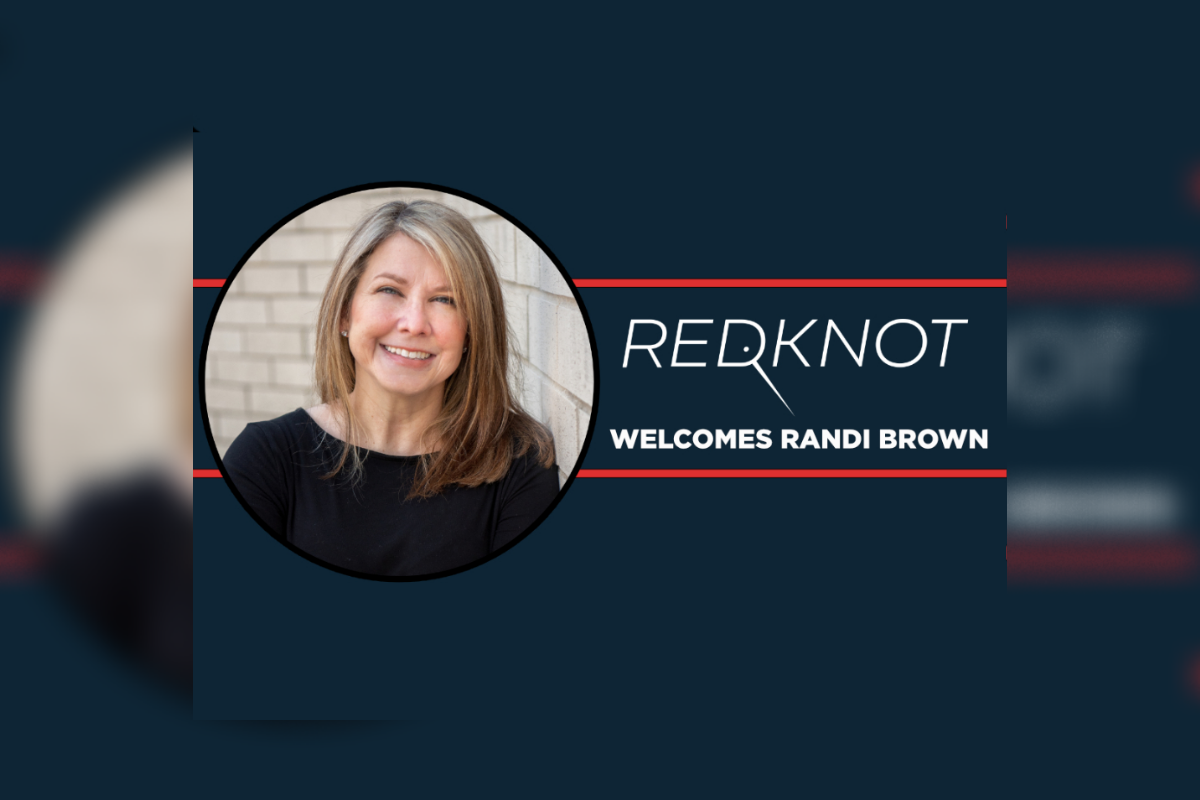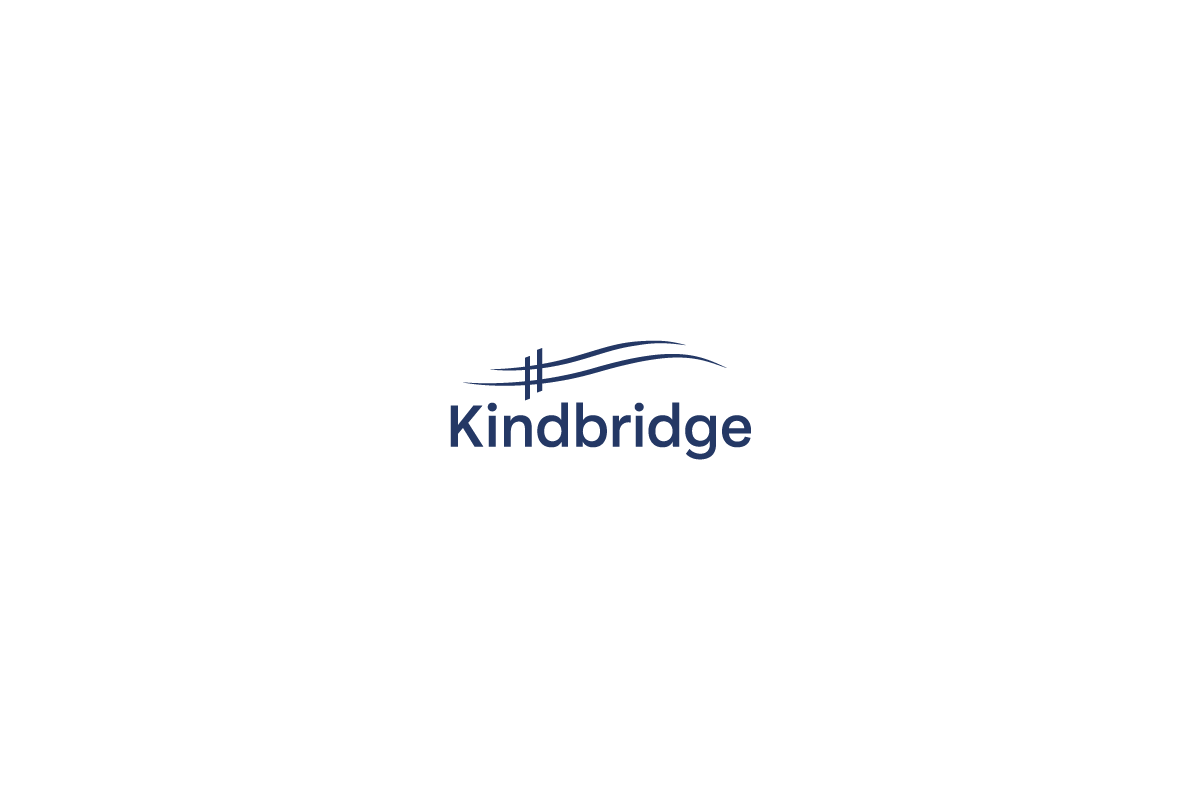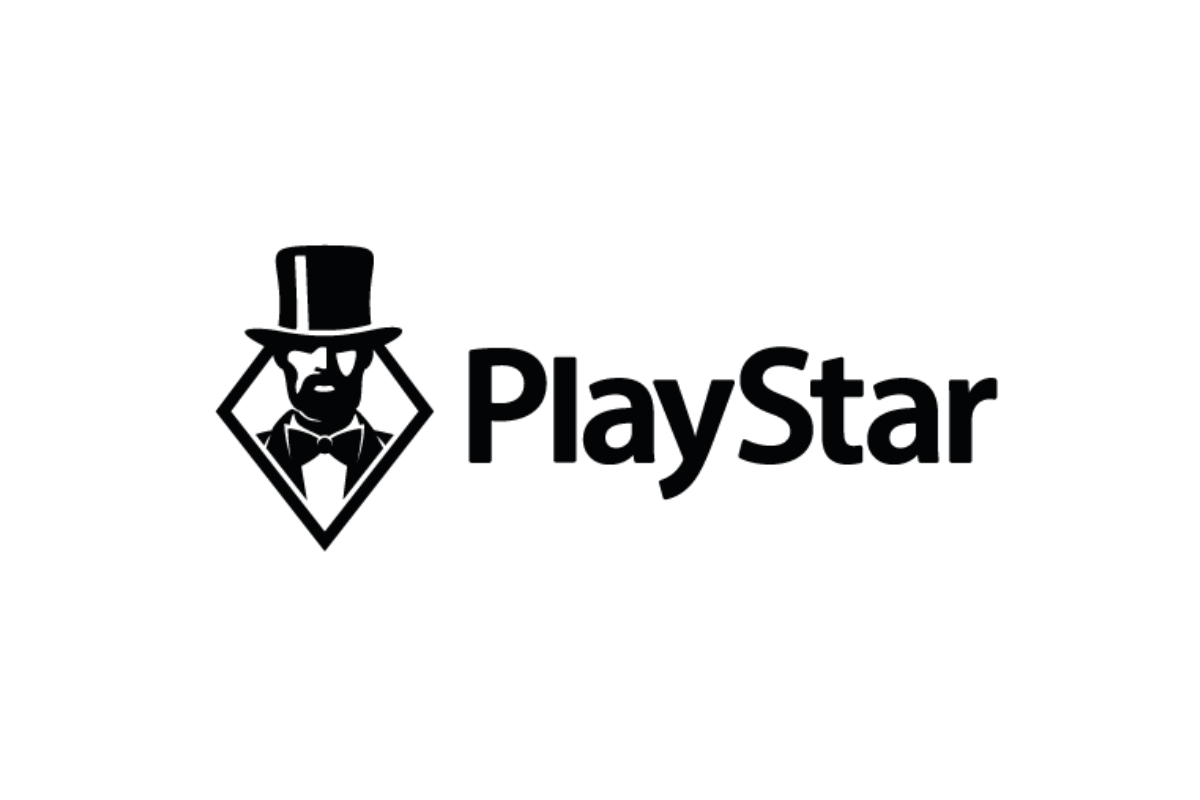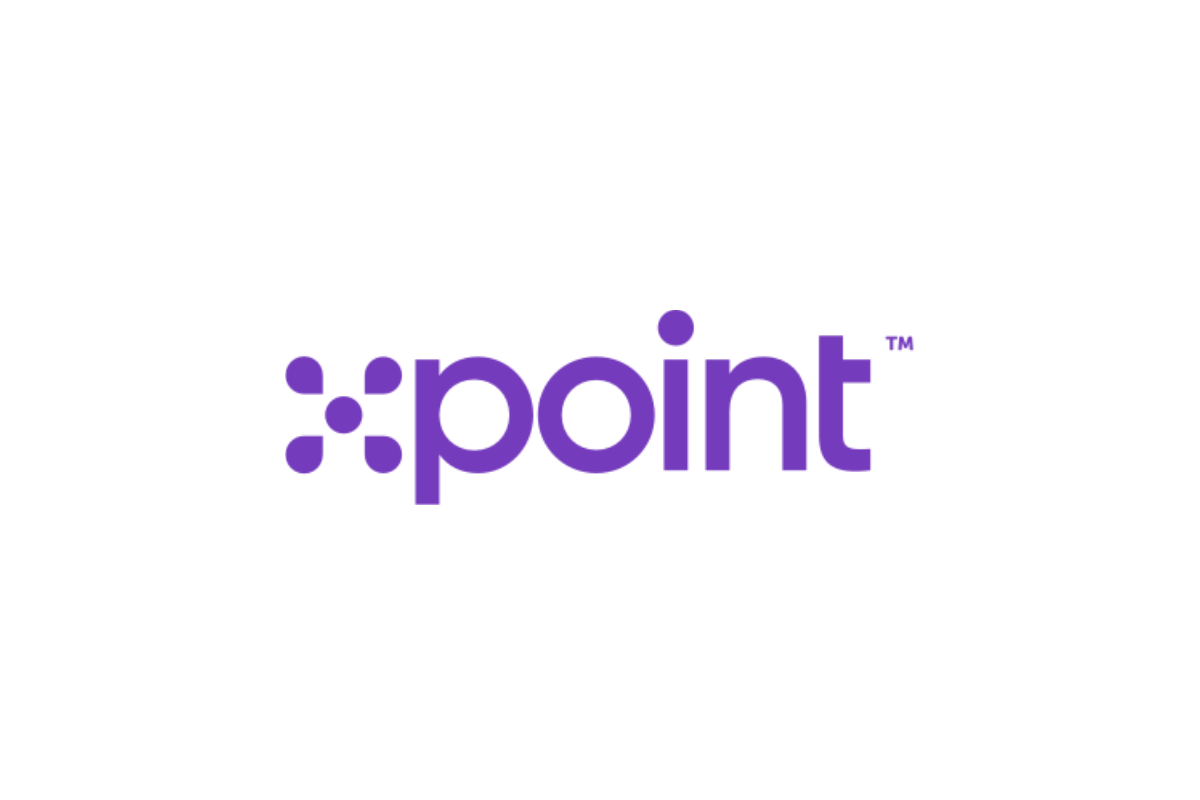
Happyhour.io Announces Investment into Chilean Online Sportsbook, Betsala.com, to Accelerate Growth
Happyhour .io, a seed and early stage accelerator in the iGaming space announced today an investment into Betsala .com, an online sports betting brand in Chile. Betsala made an early entrance to the market in 2020 and currently differentiates itself with a focus on local market odds and a unique weekly Free Bet Club. The investment from Happyhour will accelerate growth for the operator to support its vision and roadmap to become one of the leading sports betting brands in Chile.
Betsala is fronted by ambassador Marcelo ‘Matador’ Salas who is considered to be the best striker in the history of Chile having played at Lazio Roma and Juventus Turin as well as having served as Captain of Chilean National team. In a recent interview with Enchacha, a local media site covering football news in Chile, Marcelo Salas was quoted as saying (English translation), “I am very happy that a brand as important as Betsala has chosen me to be their ambassador, and to help the growth of this bookmaker. I am very happy to be part of them, to be the official face here in Chile for the brand and also because they are supporting us a lot in Club Deportes Temuco. It has been a very positive partnership.”










